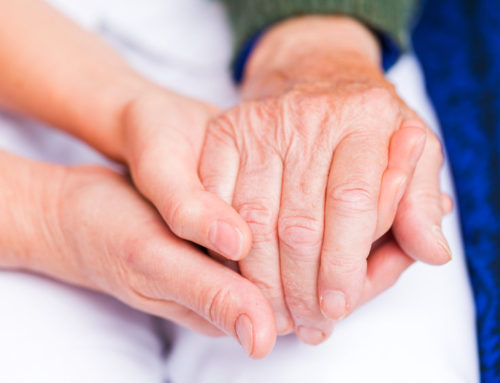Share This Story!
Staying Mentally Agile
Far too often, people assume that having trouble with memory or concentration is just an unavoidable byproduct of aging. But the truth is, people who engage in simple mental exercises can enjoy a sharper mind that’s able to recall important details, maintain concentration for the task at hand, and improve mental acuity. Consider incorporating the following 3 mental exercises daily.
1. Have fun with puzzles
Whether an individual prefers jigsaw puzzles, crosswords, or sudoku, playing with puzzles can be an excellent way for people to maintain current brain functionality and keep synapses firing quickly. A recent study showed that seniors, in particular, who regularly played puzzles, specifically word puzzles or sudoku, had sharper mental skills than seniors who didn’t play puzzles. The study followed more than 19,000 participants for 25 years between the ages of 50-96. Consistently, researchers found that people that played puzzles performed better when performing cognitive tests that judged memory, attention, and reasoning.
2. Make use of all five senses
Improving mental agility by engaging the five senses might sound a little left of center. But studies have shown that when people routinely engage hearing, vision, sight, touch, and taste, the brain gets a great workout that helps to strengthen memory and mental agility. Specifically, look for opportunities to engage in activities that rely on all five of the senses. Great options can include cooking a tasty treat or visiting a new restaurant where all of the senses can be put to good use.
3. Indulge in a little music
Obviously, every person has a different preference for specific musical genres or songs. But research has shown that playing or listening to any music can help to keep the brain sharp. One study showed that just listening to positive or upbeat music helped not just to boost mood, but also spurred creativity. Interestingly enough, the same brain-boosting creativity benefits can also be achieved by listening to sad music. But again, the type of music an individual enjoys listening to is going to depend on personal preference. Likewise, for people who know how to play an instrument, the benefits go beyond learning a new skill. Playing an instrument can help to reinforce neural pathways and keep the mind sharp. No one is ever too old to learn to play an instrument.
Preventing mental decline
Reduced mental acuity doesn’t have to happen even as people age. Participating in fun but immersive activities that help to keep the brain engaged can go a long way towards keeping the mind sharp regardless of age.





